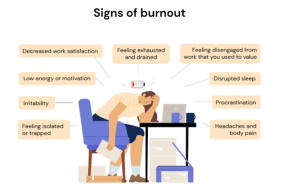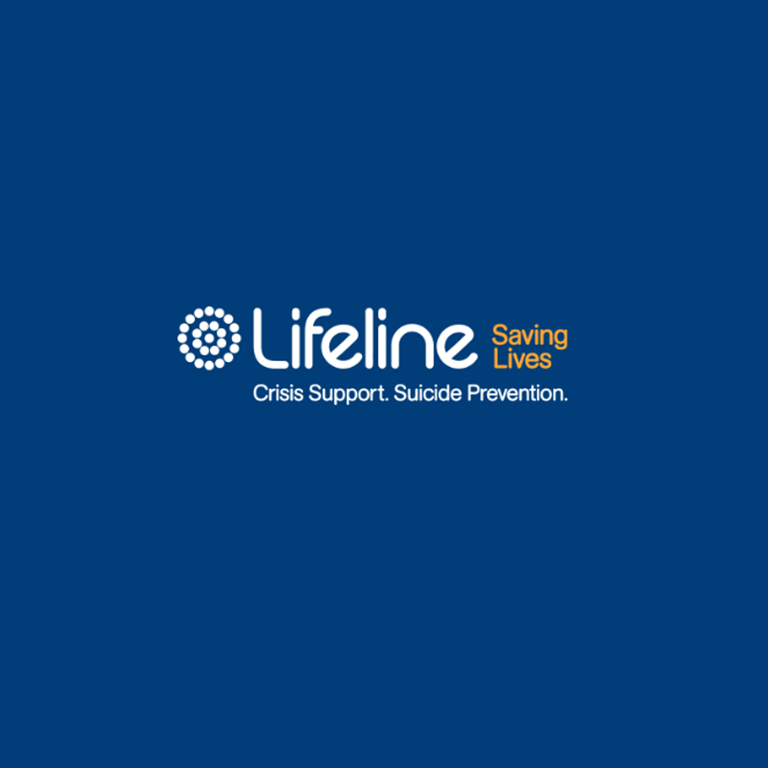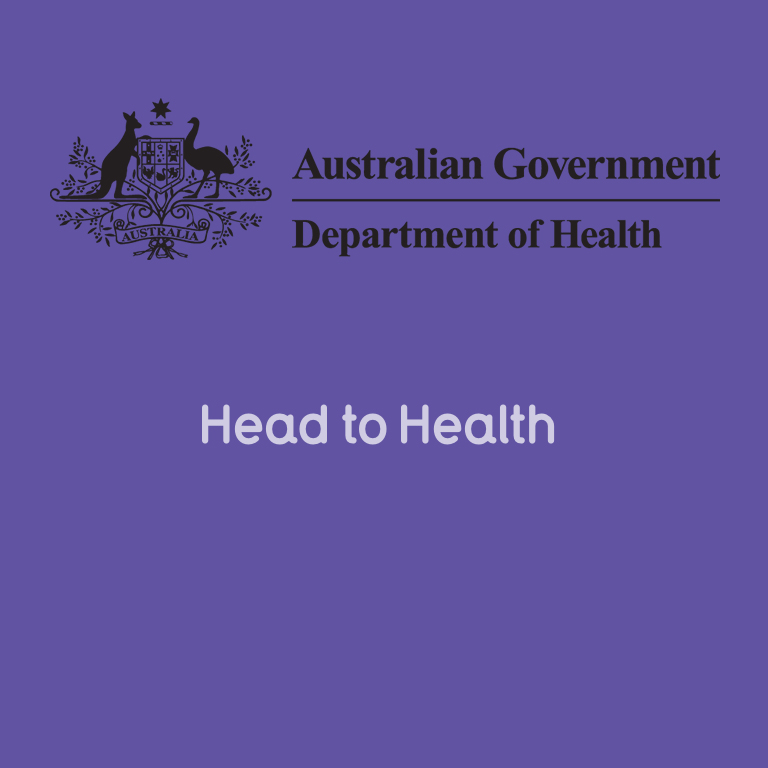Optometry Australia cares about your mental health and wellbeing
In late 2019 a team of researchers from QUT conducted a large, cross sectional survey of Australian optometrists, using well established mental health scales. The results they found were concerning, with prevalence of depression and anxiety and moderate to severe psychological distress at 31%. Prevalence of high burnout was 56% and optometrists aged ≤ 30 years were 3.5 times more likely to report moderate to severe psychological distress compared to optometrists aged >30 years.
As the world entered an unprecedented global pandemic in 2020, many further studies demonstrated a profound and prolonged impact on healthcare workers. One study of over 9,000 Australian healthcare workers during 2020 found 71% experienced moderate to severe burnout.
Post pandemic, we are faced with new challenges, with 2024 bringing a cost of living crisis, economic uncertainty and for many, reduced energy. Psychologists note for many this feeling of fatigue has been ongoing since the start of the acute phase of the pandemic and continues due to ongoing external pressures. Many patients have described this experience as like ‘sprinting a marathon’.
Optometry Australia has commissioned research into burnout in our profession, and in late 2024 will hold a symposium with university representatives and key employer stakeholders to raise awareness of burnout and mental wellbeing challenges and explore innovative approaches to enhance mental resilience across the field.
Three free counselling services by trained psychologistsIn March 2022, Optometry Australia launched the Member Assistance Program, to support you in strengthening your mental resilience and wellbeing. Over the past two years many members have taken this opportunity to take some time to focus on themselves, kick start their mental health journey or focus on tailored self improvement with the help of trained professionals. This service is completely confidential and free for all Optometry Australia members and gives you access to up to three coaching and counselling sessions. To get more information about the Member Assistance Program, we encourage you to watch this short introductory video and read more here. This member service does not require referral, Medicare, GP or employer information. Once your membership status has been verified (from membership lists – no information is supplied to OA) you can talk to their trained psychologists anonymously if you prefer. (Please note this also enables any member to discuss sensitive topics such as alcohol or drug use issues with a trained psychologist without fear of AHPRA mandatory reporting. Research indicates this factor remains a barrier in professionals accessing help and assistance in these areas). If you wish to book a coaching or counselling session through the Member Assistance Program, simply call the Centre for Corporate Health on 1800 959 956 or email eap@cfch.com.au. |
Webcasts
| Webcast | Link | Description | Speakers |
|---|---|---|---|
| Mental Health First Aid | Watch | Discusses mental health first aid as a health practitioner. Outlines key indicators and symptoms that optometrists should be looking for in patients, optometrist’s responsibilities and obligations. | Teresa Coffey, Mental health Specialist. |
| One Clear Path for Optometrists | Watch | Optimal strategies for your own physical and mental wellbeing. | Lisa Jansen, optometrist and director at Infinite Clarity Coaching. |
| Mental Resilience | Watch | Learn the difference between stress and burnout and how to identify stress in oneself and others Learn how to mitigate risk factors and harness protective factors to promote personal growth Learn how psychological safety can create human connectedness and team cohesion | Cassandra Danskin, Workplace Interventions |
Podcasts
| Podcast | Episode |
|---|---|
| Optometry NSW/ACT ‘Optometry Talks' episodes | |
| Dr Anna Samecki from the Black Dog Institute | |
| UK College of Optometrists | • Anxiety Pt 1: Ruth Bennett talks to Dave Burke, Mental Health First Aid Instructor, and Neil Constantine-Smith, an optometrist with over 30 years experience, about the rising number of young people suffering from anxiety. They discuss the possible reasons for this trend and provide helpful strategies and advice for dealing with anxiety. • Anxiety Pt 2: In this episode the team answer questions from supervisors and students on balancing work/life balance, how to prepare for exams and how to deal with disappointment if things don't go your way. |
Tips to prevent burnout in optometry
- R U OK? Optometrist’s view on dealing with burnout
- 7 tips for reentry to the new normal in optometry practice
- Burnout flyer for health professionals
- Black Dog Institute Navigating Burnout digital program
The Australian Government has also identified burnout as a priority and early in 2023 invested another $1.7m in The Essential Network (TEN), which provides evidence-based tools and resources to support health practitioners’ mental health. We recommend the TEN Self Guided Digital Mental Health Check-up.

–
Suicide and self-harm in health professionals
Last year AHPRA released findings from an Expert Advisory Group about identifying and minimising distress for practitioners involved in the regulatory process.
Sadly, it found that 16 health practitioners had taken their lives between January 2018 and December 2021 while involved in regulatory processes, and four practitioners had attempted suicide or had self-harmed.
Optometry Australia staff have been working with Ahpra’s Advisory Group this year to strengthen support for members during the notifications process.
To raise awareness of mental health issues and funds for Lifeline’s suicide prevention hotline, Optometry Australia staff have also joined the Push Up Challenge to complete 3,249 push-ups during the month of June 2024. Why 3,249 push-ups? Sadly, this is the number of Australians who lost their lives to suicide in 2022.
Please join our community “Assessing fitness to thrive” online and the important conversation about mental health! You can register yourself or your practice staff as a team (and there are many alternatives to just doing push ups). The challenge is designed to get you active and provide resources to break down barriers to talking about mental health.
Please reach out for help
Lifeline: 13 11 14 available 24/7
Beyond Blue: 1300 22 46 36 available 24/7
Optometry Australia’s optometry advisor helpdesk offers our members dedicated, experienced optometrist ready to provide confidential support. Contact national@optometry.org.au or
(03) 9668 8500




